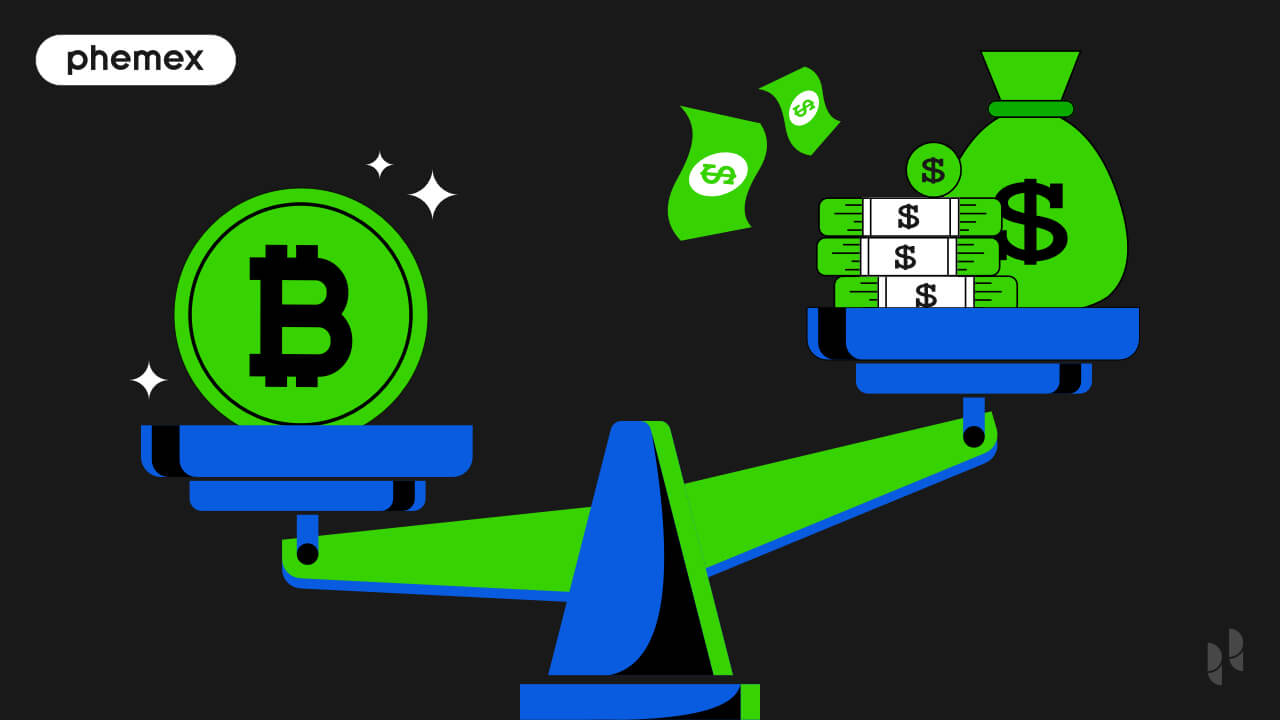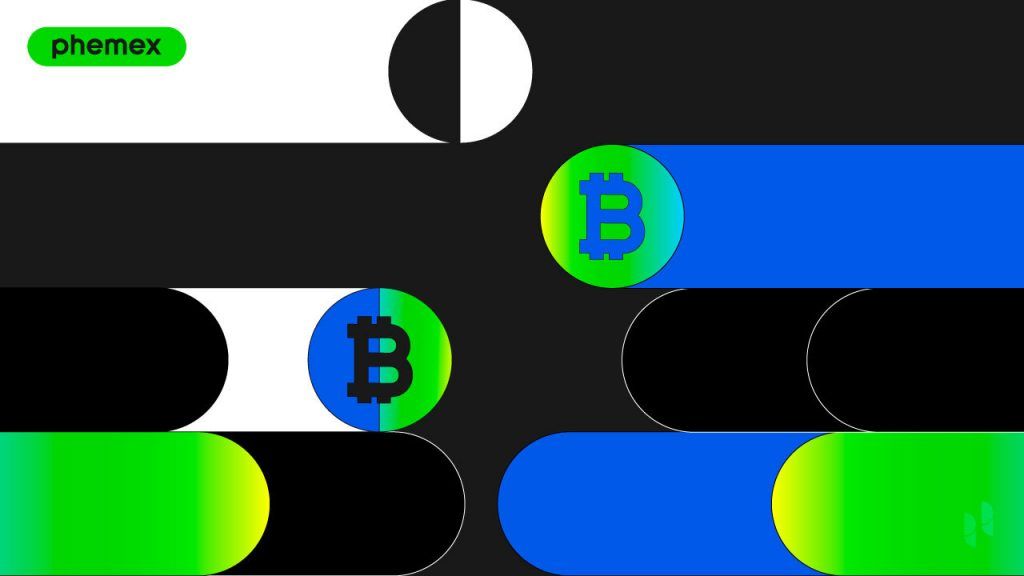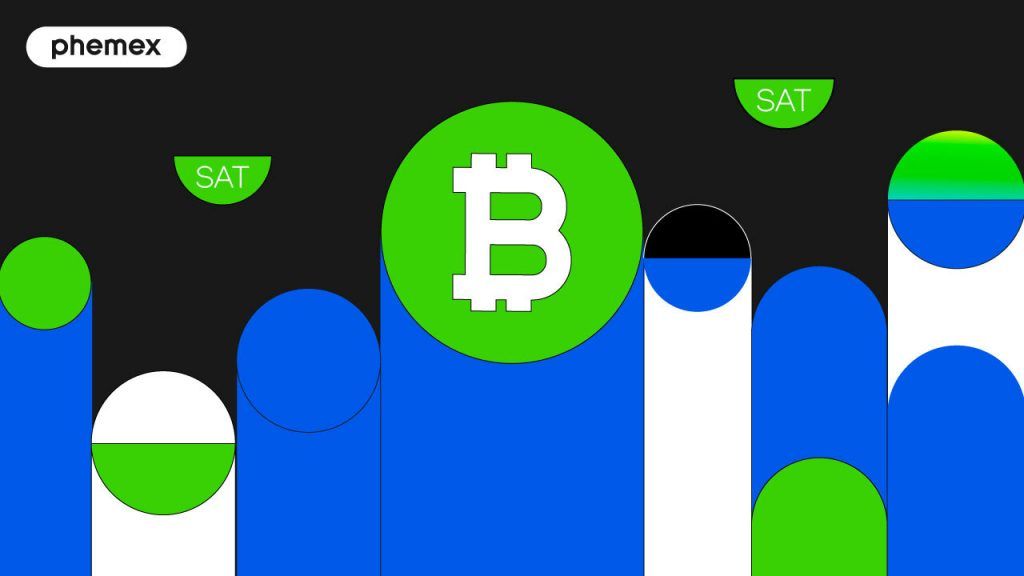Bitcoin 101: What Is It?
Picture a kind of money you can send to anyone, anywhere, without a bank charging high fees or controlling what you do. That’s Bitcoin—a digital currency created in 2009 by an anonymous person (or group) named Satoshi Nakamoto. Unlike dollars or euros, which governments print and banks manage, Bitcoin runs on a global network of computers, letting you send money as easily as a text message.
Bitcoin was born after the 2008 financial crisis, when banks were bailed out with $700 billion in taxpayer money for risky decisions that cost millions their jobs and homes. Nakamoto wanted a currency where you’re in charge, not banks. Bitcoin uses a ledger—a secure, shared record of every transaction, also called the blockchain—to make this possible. Think of it as a digital record book that no one can tamper with, keeping track of who owns what Bitcoin.

Key Crypto Terms Explained
Bitcoin comes with a few new words, but they’re simple to understand. Here are the basics:
-
Ledger (Blockchain): A digital record book of all Bitcoin transactions, shared across thousands of computers, keeping everything secure and transparent.
-
Wallet: An app or device (like a phone app or USB stick) where you store your Bitcoin and the codes to send it.
-
Private Key: A secret code, like a password, that lets you spend your Bitcoin. Keep it safe!
-
Mining: The process where computers verify transactions and add them to the ledger, earning small fees.
-
Nodes: Computers that store and share the ledger, ensuring everyone has the same record.
How Does Bitcoin Work?
Suppose you want to send $100 worth of Bitcoin to a friend in another country. With a bank, you’d pay high fees (6.09% on average), wait days, and deal with currency conversions. Bitcoin is faster and cheaper. Here’s how it works:
-
Send from Your Wallet: You use a Bitcoin wallet (Phemex app) and your private key (a secret code) to send Bitcoin to your friend’s wallet. It’s like emailing money, but secure.
-
Nodes Check the Ledger: Thousands of nodes (computers in Bitcoin’s network) check the ledger to confirm you have enough Bitcoin and haven’t spent it elsewhere. This takes 10–60 minutes.
-
Miners Lock It In: Miners (special computers) verify the transaction, add it to the ledger, and earn a small fee. Once added, the payment is permanent.
How Much Does It Cost? In 2025, sending Bitcoin to a friend costs $1–$3 in network fees, depending on how busy the network is. f you send BTC to friends on Phemex using the Internal Transfer feature, there is no withdrawal fee charged. For on-chain withdrawal (sending BTC to an external wallet), there is a minimum Bitcoin network fee of 0.00005 BTC, which is set dynamically based on blockchain load. See our fees guide. This process skips banks, saves money, and works 24/7.
5 Reasons Bitcoin Has Value
Bitcoin solves real problems, making it valuable to millions. Here are five reasons why, explained simply:
-
Low-Cost Transfers: Banks charge 6.09% to send money abroad, but Bitcoin’s network fees are $1–$3 in 2025, with Lightning Network fees as low as pennies. This helps migrant workers send more money home.
-
Always Available: Banks close on weekends, and transfers can take days. Bitcoin’s ledger runs 24/7, confirming transactions in 10–60 minutes.
-
No Restrictions: Governments or banks can freeze accounts or block payments, like during sanctions. Bitcoin’s ledger is unstoppable—anyone with internet can use it, helping 1.4 billion people without bank accounts.
-
Limited Supply: Only 21 million Bitcoins will ever exist, unlike dollars, which governments print endlessly, causing inflation. This scarcity makes Bitcoin like a rare gem.
-
Trusted Globally: Over 15,000 businesses, like Microsoft and Starbucks, accept Bitcoin. In 2021, El Salvador made Bitcoin legal tender, allowing tax payments in Bitcoin. This trust boosts its worth.
Bitcoin vs. Regular Money: What’s Different?
Regular money, or “fiat” (like dollars or yen), is controlled by governments and banks. Bitcoin is different:
-
No Middleman: Banks verify fiat transactions; Bitcoin’s nodes and miners check the ledger without a central boss.
-
Fixed Amount: Governments print more money, reducing its value. Bitcoin’s 21 million cap prevents inflation.
-
Global Access: Sending fiat across borders means fees and conversions. Bitcoin works anywhere with a wallet and internet.
Think of Bitcoin as email for money—fast, direct, and open to everyone.
The Genius Fix: Stopping Double Spending
Double spending is a problem where someone tries to spend the same digital money twice. It sounds odd—how can you spend the same $10 twice? Digital money is just data, like a gift card’s code you could try to copy. Without a system to stop it, someone could send the same Bitcoin to two people at once, like using one gift card to buy a laptop and a phone, hoping both stores accept it.
For example, if you have 1 Bitcoin in your wallet, you could try sending it to two friends at the same time—one for a laptop, one for a car. You’d broadcast both transactions to the network, hoping both get processed. This is double spending—trying to trick the system into thinking both payments are valid.
Bitcoin stops this without banks using its ledger (the blockchain). Here’s how:
-
A Shared Ledger: The ledger is a public record book everyone can see. Every transaction is written down: “Alice sent 1 Bitcoin to Bob.”
-
Locked with Math: Each transaction uses cryptography, like a digital lock only your private key can open, ensuring no one can fake it.
-
Miners Verify: Miners check the ledger to confirm you have the Bitcoin and haven’t spent it elsewhere. They add your transaction to the ledger, earning fees ($1–$3 in 2025).
-
Nodes Agree: Thousands of nodes compare their ledger copies. If you try to double-spend, the nodes reject the second transaction because it doesn’t match the record.
Once a transaction is in the ledger (after 10–60 minutes), it’s permanent. For example, if you buy a laptop with Bitcoin, the seller waits for one confirmation (about 10 minutes) to ensure it’s real. Bitcoin’s ledger is backed by massive computing power—hundreds of exahashes per second—making double spending nearly impossible for everyday users. Platforms like Phemex add extra checks to keep transactions safe.
What Gives Bitcoin Value?
Why is digital code worth anything? Unlike dollars (backed by the government) or gold (valued for rarity), Bitcoin’s value comes from three things:
-
Unbreakable Security: Bitcoin uses cryptography, like a digital vault only your private key can open. This ensures no one can steal or fake your Bitcoin, making it trustworthy.
-
Trust from Millions: Money works when people believe in it. Over 100 million people use Bitcoin, and 15,000+ businesses, like Tesla and Overstock, accept it. In 2021, El Salvador made Bitcoin legal tender, letting citizens pay taxes with it. This trust makes Bitcoin valuable.
-
Limited Supply: Only 21 million Bitcoins will exist, tracked by the ledger. As more people want Bitcoin, its scarcity drives up its value, like a rare painting.
For example, in 2010, a programmer named Laszlo Hanyecz paid 10,000 Bitcoins for two pizzas, worth about $41 then. Years later, those Bitcoins were worth millions, showing how trust and demand have grown.
What Makes Bitcoin’s Price Change?
Bitcoin’s price moves because of:
-
Demand: More buyers, like companies, push prices up.
-
Scarcity: With only 21 million coins, limited supply increases value as demand grows.
-
News and Rules: New laws or economic events, like inflation, affect prices.
-
Halvings: Every four years, mining rewards shrink, slowing new Bitcoin creation and often raising prices.
Is Bitcoin Right for You?
Bitcoin offers low-cost transfers, freedom from banks, and a hedge against inflation, but its price can be volatile. With over 100 million users and growing use in stores, Bitcoin’s future looks promising, but research carefully before jumping in.
FAQ
Q: Why is Bitcoin valuable?
A: Its secure ledger, global trust, and 21 million coin cap make it a reliable currency and investment.
Q: Is double spending a problem for Bitcoin?
A: No, Bitcoin’s ledger and nodes prevent double spending, making it safe for everyday use.
Q: How much does it cost to send Bitcoin to a friend?
A: If you send BTC to friends on Phemex using the Internal Transfer feature, there is no withdrawal fee charged.
Start with Bitcoin on Phemex
Ready to try Bitcoin? Trade, learn, and save with Phemex’s low fees and beginner-friendly guides.







